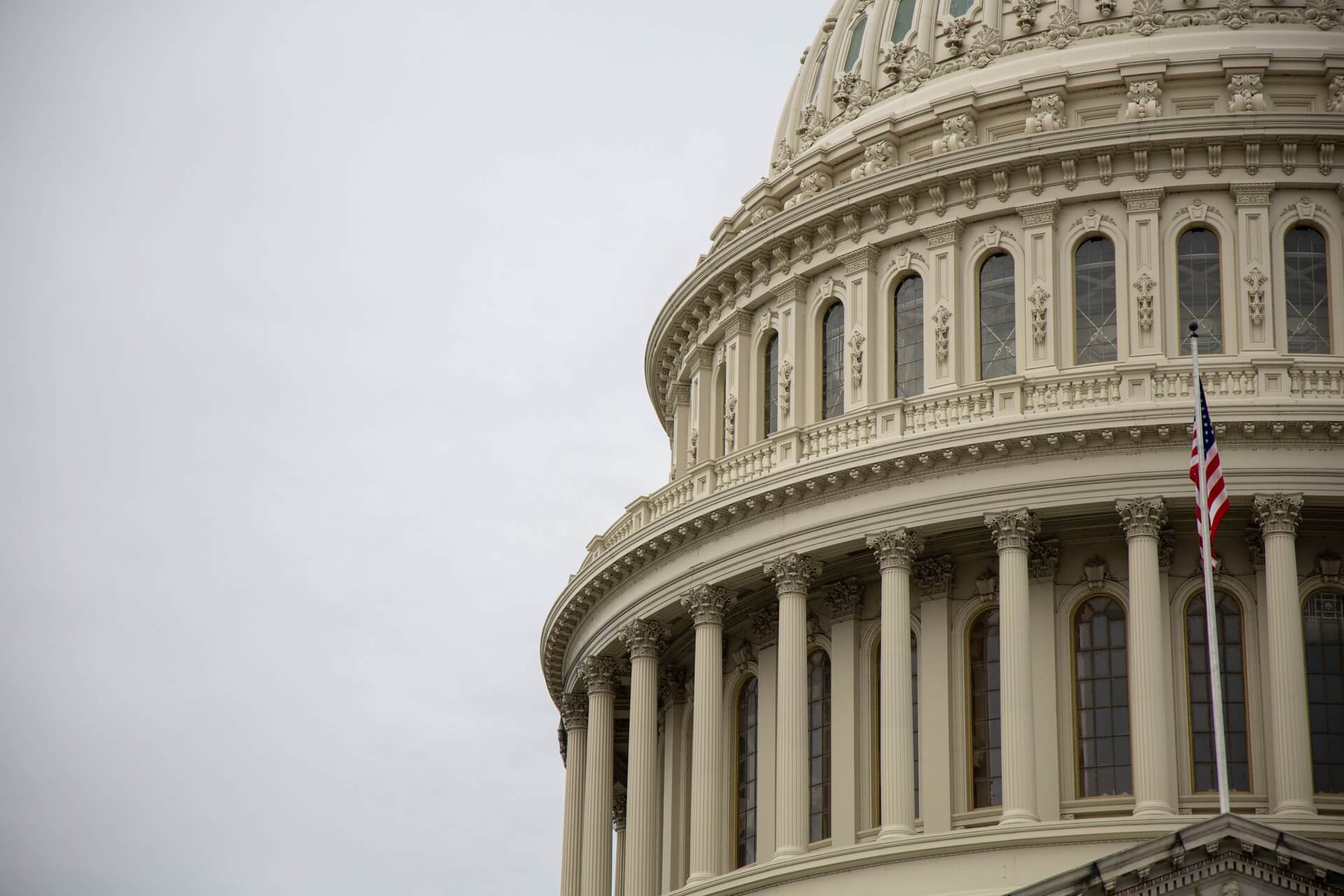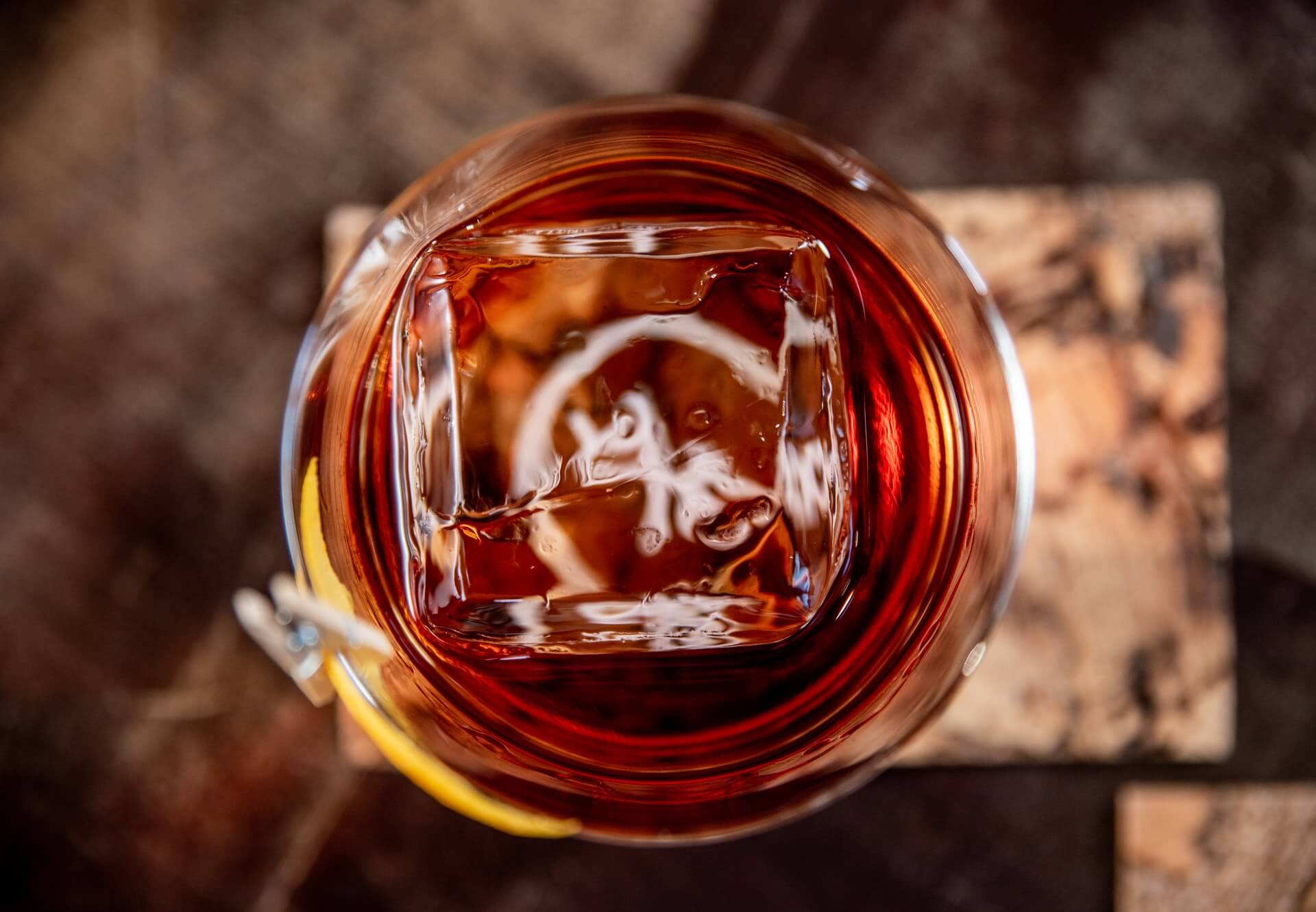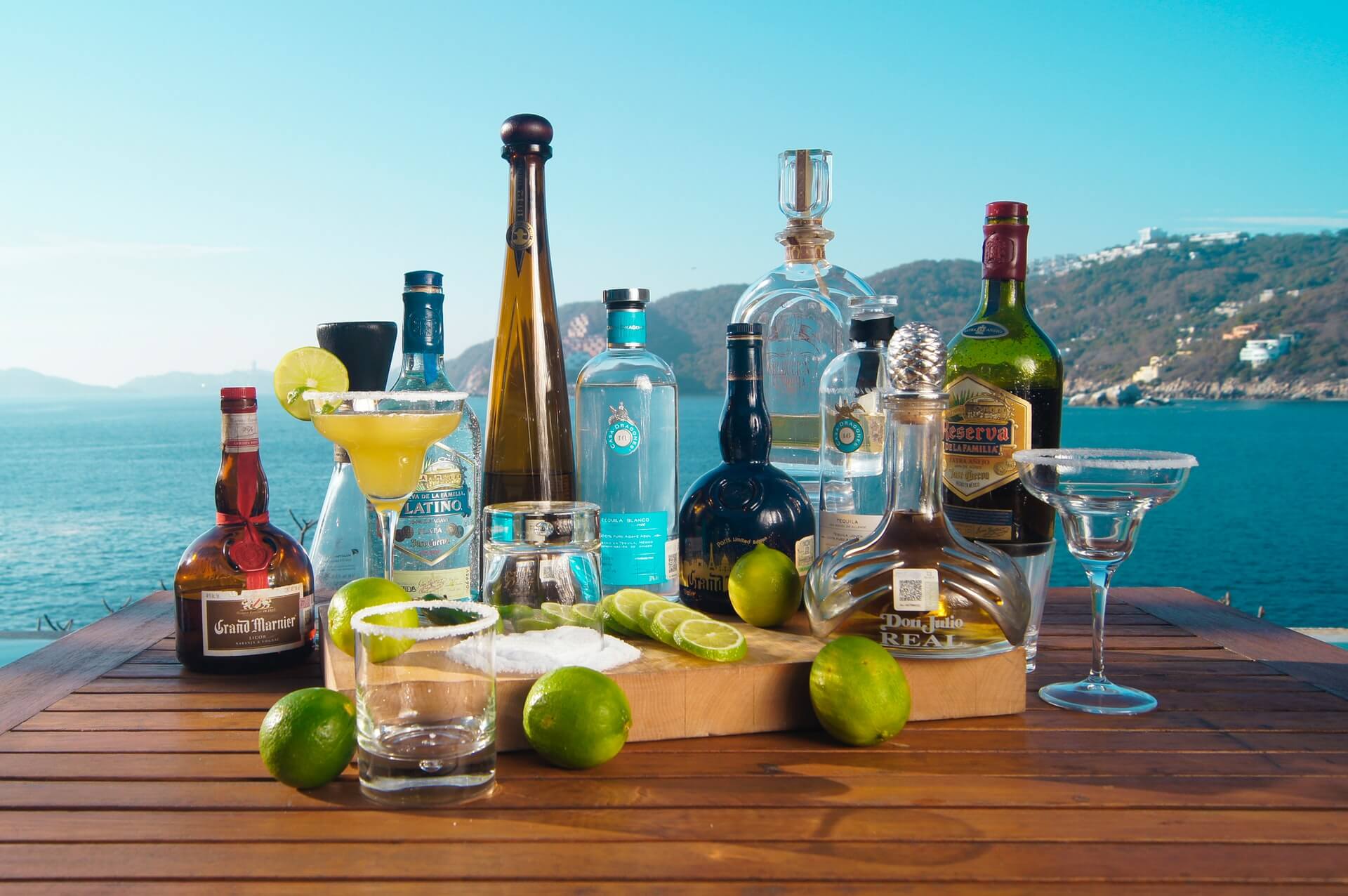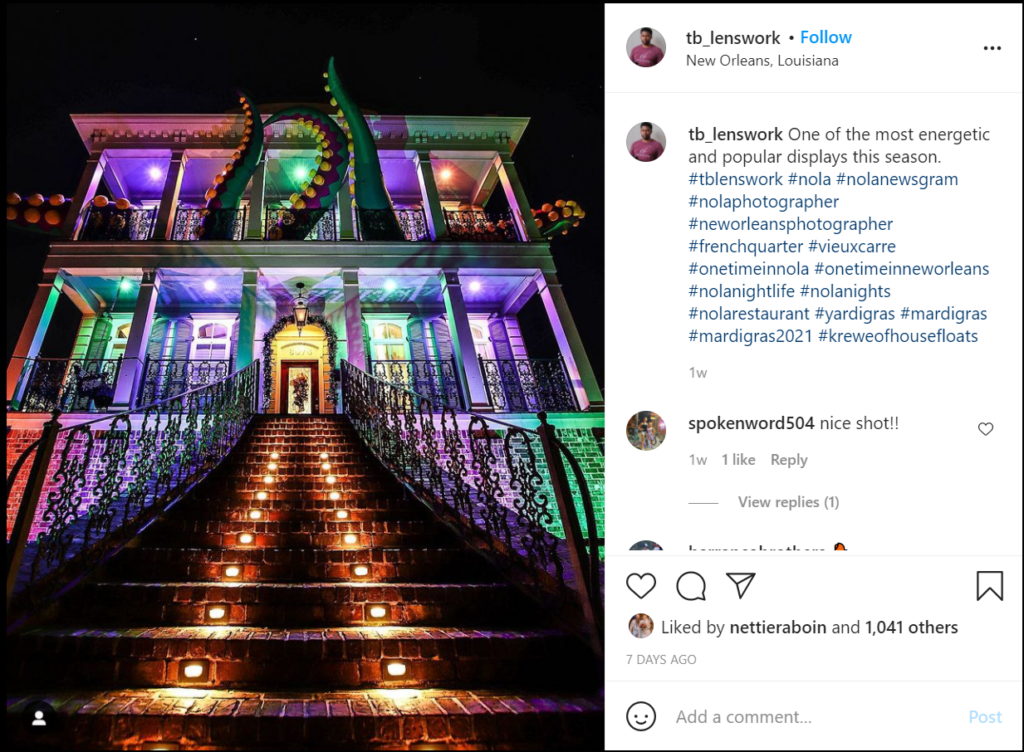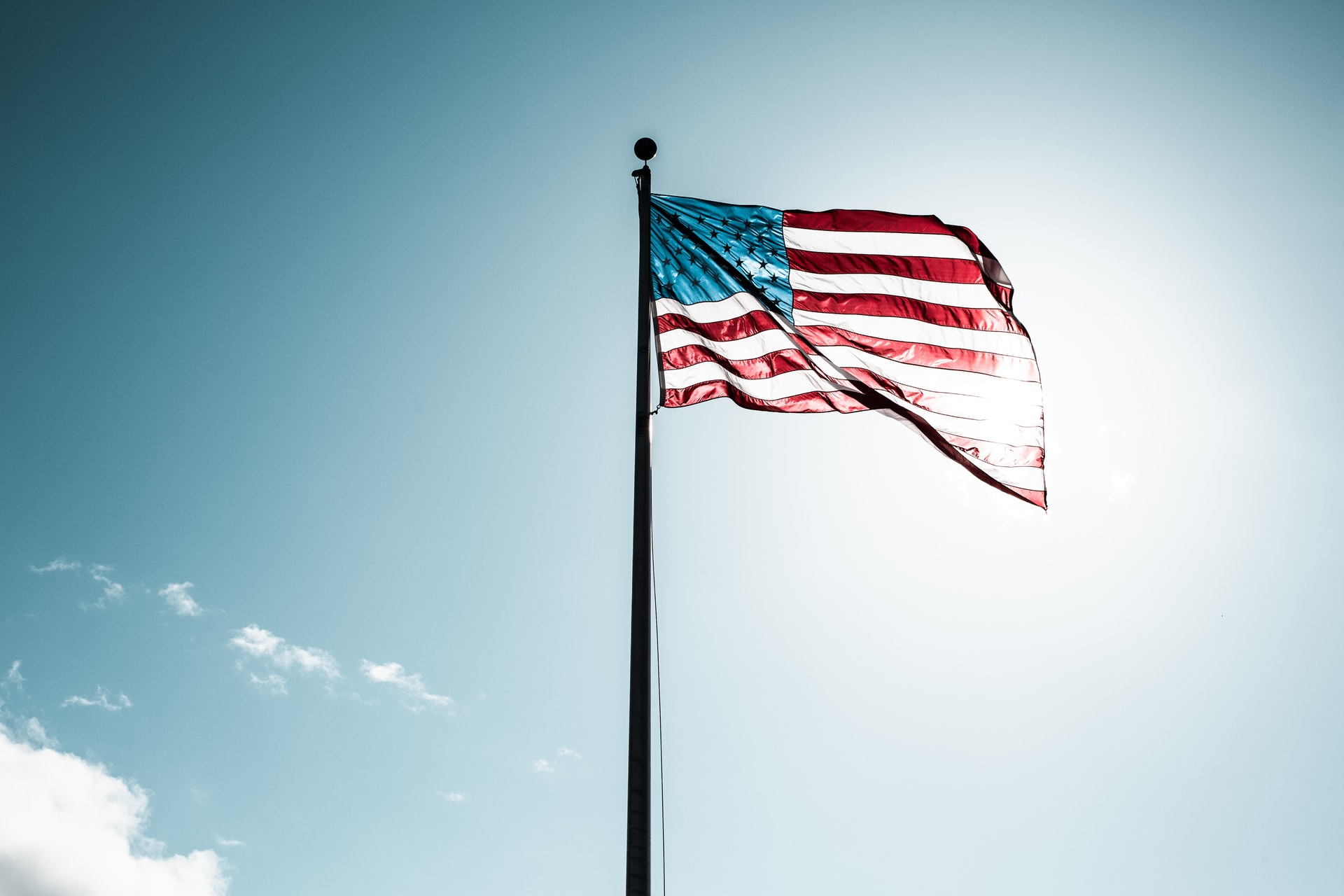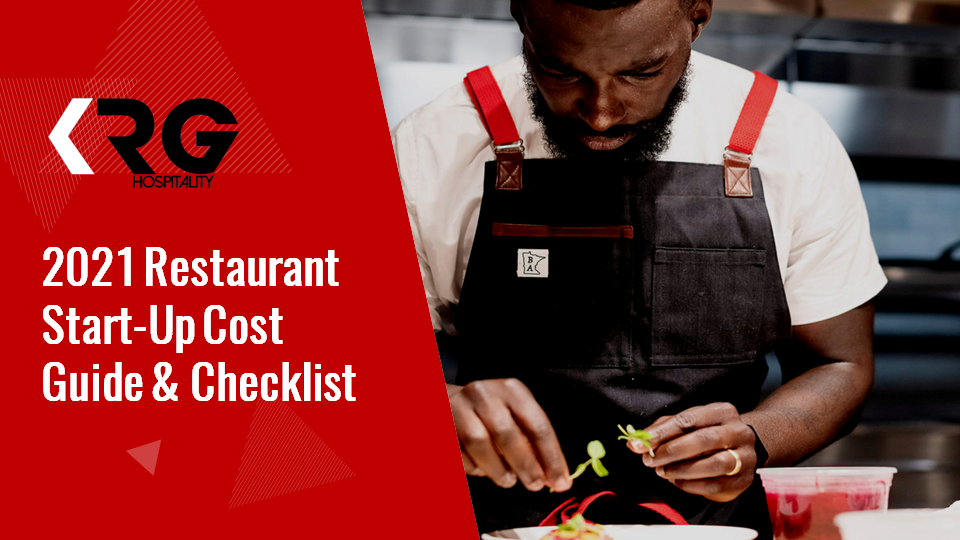Ontario F&B Workers Petition for Phase 2
by David Klemt
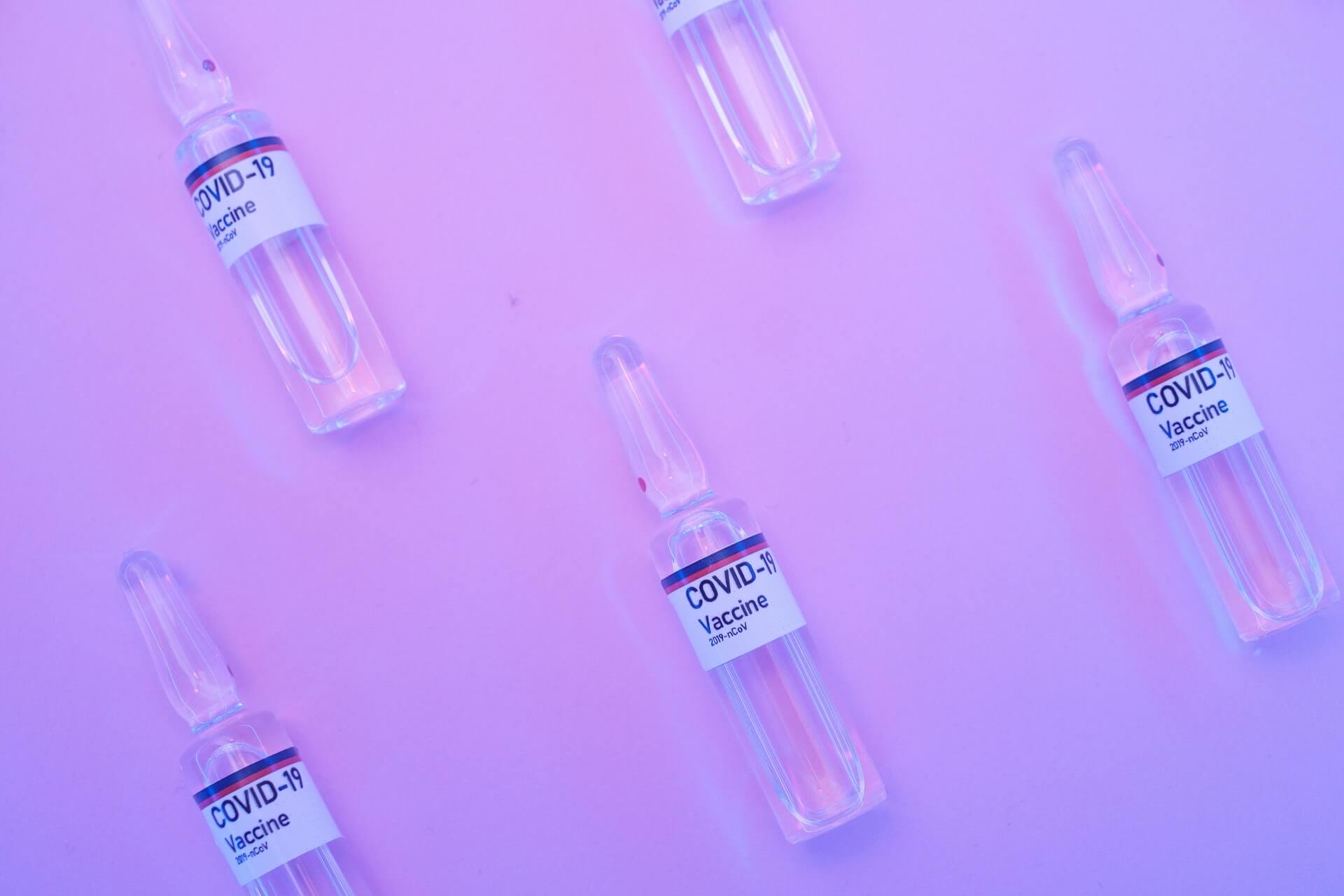
A petition on Change.org seeks to include F&B workers in Phase 2 of the Covid-19 vaccine rollout in Ontario, Canada.
The petition, which can be found here, is directed toward Ontario, Canada, Premier Doug Ford.
Currently, Ontario is in the midst of Phase 1 of Covid-19 vaccination.
Phase 1
Per the official Ontario Government website, Phase 1 aims to vaccinate around 1.8 million people.
The phase breakdown is as follows:
- One: High-risk populations (December through March)
- Two: Mass deliveries of vaccinations (April through July)
- Three: Steady state (July onward)
Those eligible for Phase 1 inoculations are:
- Health care workers
- Adults in First Nations, Métis and Inuit populations
- Adult chronic home care recipients
- Congregate living for seniors
- Adults over 80 years old
According to the Covid-19 Tracker Canada website, 1,116,496 vaccine doses have been administered throughout Ontario. In total, slightly more than six percent of the Canadian population has received at least one dose.
Phase 2
The second phase seeks to vaccinate approximately nine million people.
Eligible people are:
- at-risk populations;
- individuals with high-risk chronic conditions, and their caregivers;
- high-risk congregate settings (such as shelters, community living, etc.);
- adults aged 60 to 79, in 5-year increments; and
- essential frontline workers who cannot work from home.
The requirement in bold should get the attention of all restaurant, bar and foodservice workers. Ontario identifies several “essential frontline workers” eligible for Phase 2. Among them are elementary and secondary school staff, police, firefighters, special constables, and social counselors.
However, high- and low-risk retail workers are on the list while restaurant and foodservice workers are not.
The Petition
Cassie MacKell is the person behind the petition to “Include Restaurant & Food Service Workers on Ontario’s Phase 2 Vaccination List.”
MacKell’s opening statement says, “I write this letter as a cry for help from the entire Food & Beverage industry of Ontario in regard to Ontario’s phase vaccine distribution plan.”
The petition’s creator goes on to say:
“As one of the hardest hit industries from Covid-19 why am I not seeing restaurants workers on this list? From the outset of the Covid-19 pandemic restaurants across Ontario have been heavily regulated and shut down by Premier Ford. Even after adhering to stringent restrictions and safety guidelines set forth by our government the framework continues to keep us closed, or only allows for limited seating capacity making it impossible for many businesses to survive.”
In closing, MacKell lays bare the situation for Ontario (and indeed all of Canada) foodservice professionals. Workers in this industry are exposed to people not wearing masks while they eat or drink; are unable to remain six feet from guests; and certainly can’t work from home.
Put bluntly, all those who work in foodservice are high-risk frontline professionals. If you agree and live in Ontario, Canada, please sign this petition.
Image: Alena Shekhovtcova from Pexels

